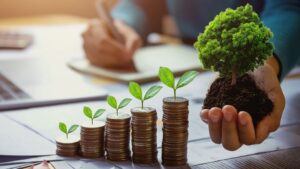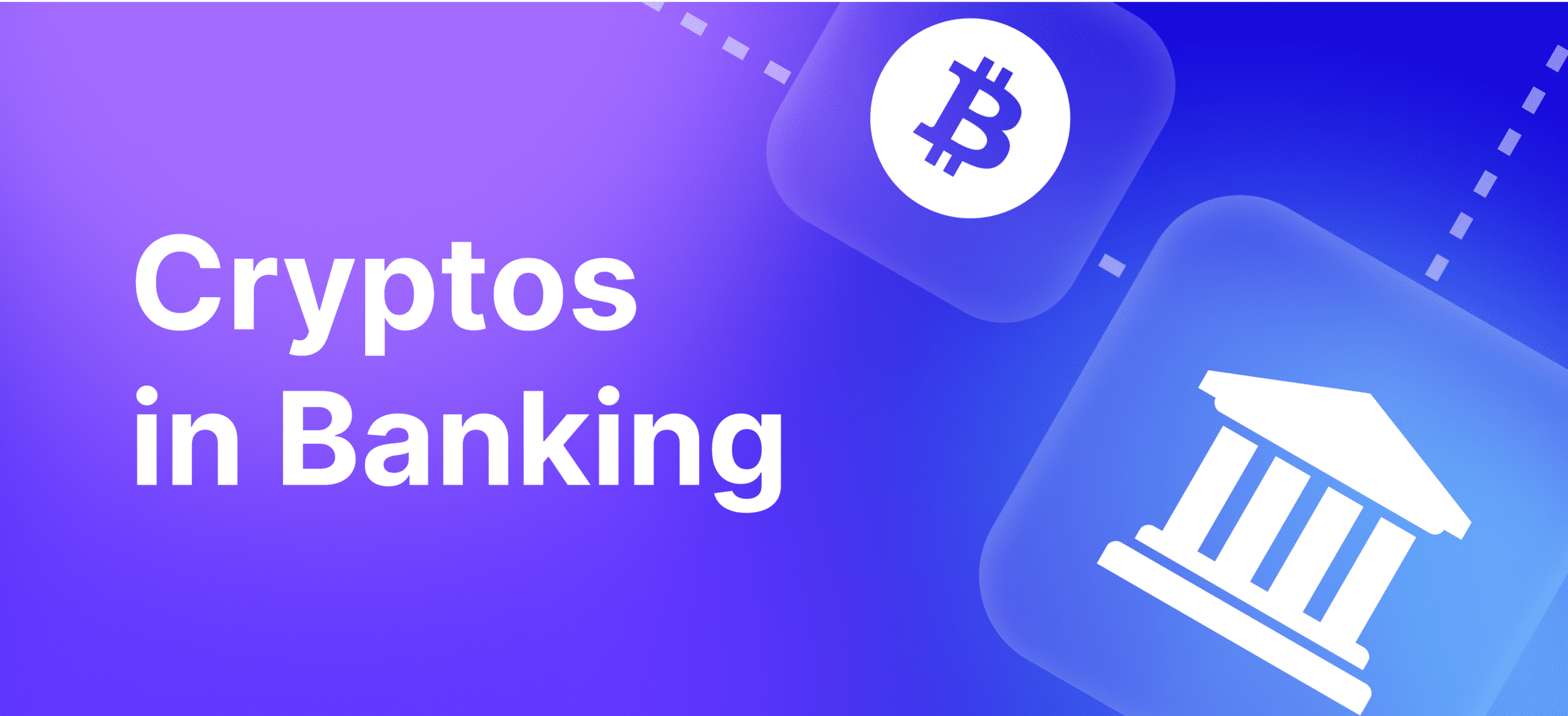
The Rise of Green Finance — Money for Saving Our Planet
What Is Green Finance?
Imagine if your pocket money could help the Earth. What if your parents’ savings helped plant trees, build wind turbines, or clean rivers? That’s the idea behind green finance.
Green finance means using money to help the planet. It’s when governments, banks, and people put their money into projects that protect the environment. These could be things like:
-
Solar panels that give energy without smoke
-
Electric buses that don’t pollute the air
-
Tree-planting projects that help animals and cool the Earth

In green finance, the goal is not just to make profit, but also to do good. People call this the “double bottom line”: making money while making the world better.
There are also things called green bonds. These are like loans, but the money is only used for green projects. Investors like these because they know their money helps protect nature.
So when we talk about green finance, we’re talking about using money as a tool to fight climate change, protect forests, and create cleaner cities.
Which Cities Lead Green Finance?
All around the world, some cities are becoming leaders in green finance. Let’s look at three:
London (UK) – The “Green Wall Street”
London is a big center for money and banking. But now, it’s also turning into a place where green money flows. The UK government has passed rules that say companies must report how they affect the planet. This helps investors choose companies that are trying to be green.
London also supports green bonds, and many banks there are starting special teams just for green investing.
Singapore – Smart and Sustainable
Singapore is a small island nation, but it’s making big moves in green finance. The city is investing in climate-friendly buildings, green energy, and even sustainable farming.
Singapore also uses AI and data to find the best green projects to support.
Abu Dhabi – From Oil to Clean Energy
Abu Dhabi, in the United Arab Emirates, used to be known mostly for oil. But now, it’s becoming a leader in green finance too. The city created a big center called the Abu Dhabi Sustainable Finance Hub, which helps bring money into eco-friendly projects.
These cities show that green finance is not just a trend—it’s a global movement.
Why Green Finance Matters for Earth and People
You might be wondering, “Why is this such a big deal?” Well, let’s think about the world we live in:
-
The air is getting hotter
-
Oceans are rising
-
Some animals are losing their homes
-
People in many countries are facing floods, heatwaves, and droughts
All of these problems are part of climate change. And fixing them will cost a lot of money.
That’s where green finance comes in.
It helps by:
-
Building clean power systems (like wind and solar)
-
Protecting nature, like forests and wetlands
-
Creating green jobs, like working with solar panels or eco-friendly farming
-
Helping poor countries deal with climate damage
It’s like using money as a superpower—but instead of buying toys or clothes, it’s used to save the world.
And it’s not just about the environment. Green finance also makes smart business sense. For example:
-
A company that uses less water and electricity saves money.
-
A cleaner city has healthier people, which means fewer medical costs.
-
Companies that help the planet are often more trusted by customers.
So, green finance is not just nice—it’s necessary.
How Computers (AI) Help Make Green Finance Smarter
Green finance sounds great, but there’s a big challenge: How do we know which projects are truly green?
That’s where AI (Artificial Intelligence) steps in.
AI is like a very smart robot brain. It can:
-
Read thousands of pages of reports very fast
-
Spot risks in climate projects
-
Check if a company is really green, or just pretending to be (this is called “greenwashing”)
For example, if a company says they plant trees, AI can check if those trees really help the environment—or if they cut them down later.
AI can also help with:
-
Climate risk maps: showing which areas are in danger from floods or fires
-
Smart investing tools: choosing the best mix of green projects
-
Tracking pollution using satellite images and weather data
Some cities like Singapore and London are already using AI in green finance. This helps make sure money goes to the right places—and not to fake green projects.
What Could This Mean for the Future You?
Now let’s bring this closer to you.
You might be a kid or a teenager now. But in a few years, you’ll:
-
Open a bank account
-
Choose what to buy or support
-
Maybe even start a business or vote
And guess what? The choices you make can help the planet too.
Here’s how green finance might affect your life in the future:
-
Your school could be powered by solar panels paid for by green investments
-
You might ride in electric buses funded by green bonds
-
You could work in a green job—like designing eco-buildings or coding smart farming apps
-
Your family might get lower bills because your home uses less energy
Even the money in your bank could be doing good. Some banks are now letting people choose to only invest in green projects. So your savings could help plant forests or clean up rivers—even while they grow!
Green finance makes it possible for regular people—like your family—to help fight climate change, just by choosing where to put their money.
Why Green Money Is the Future
The world has big problems—but also big ideas. And green finance is one of the most powerful ideas out there.
It’s about using money not just to get rich, but to make a real difference. To help the air we breathe, the water we drink, and the animals we share the planet with.
Cities like London, Singapore, and Abu Dhabi are leading the way. AI is making it smarter. And kids like you will soon grow up to be the leaders, investors, and inventors of tomorrow.
So next time someone says “money doesn’t grow on trees,” you can smile and say:
“Maybe not—but it sure can help plant them.” 🌱💰

